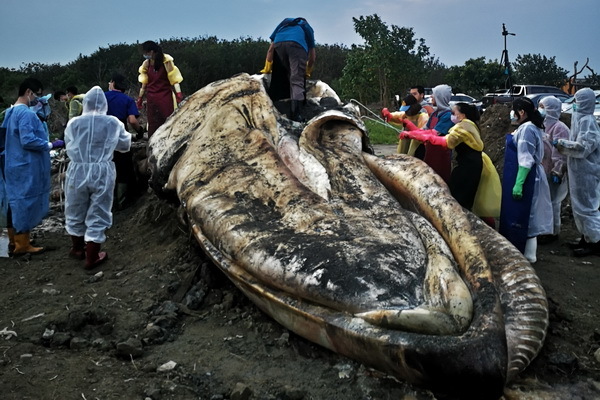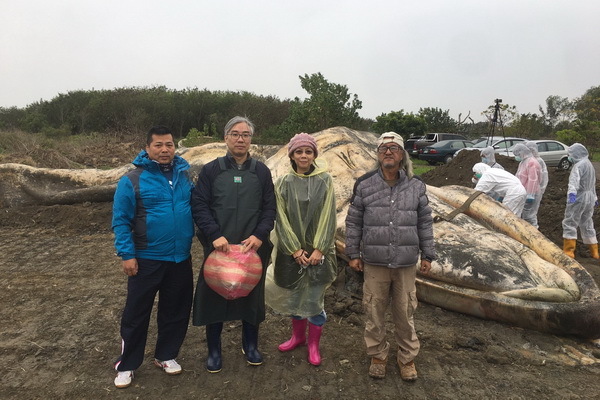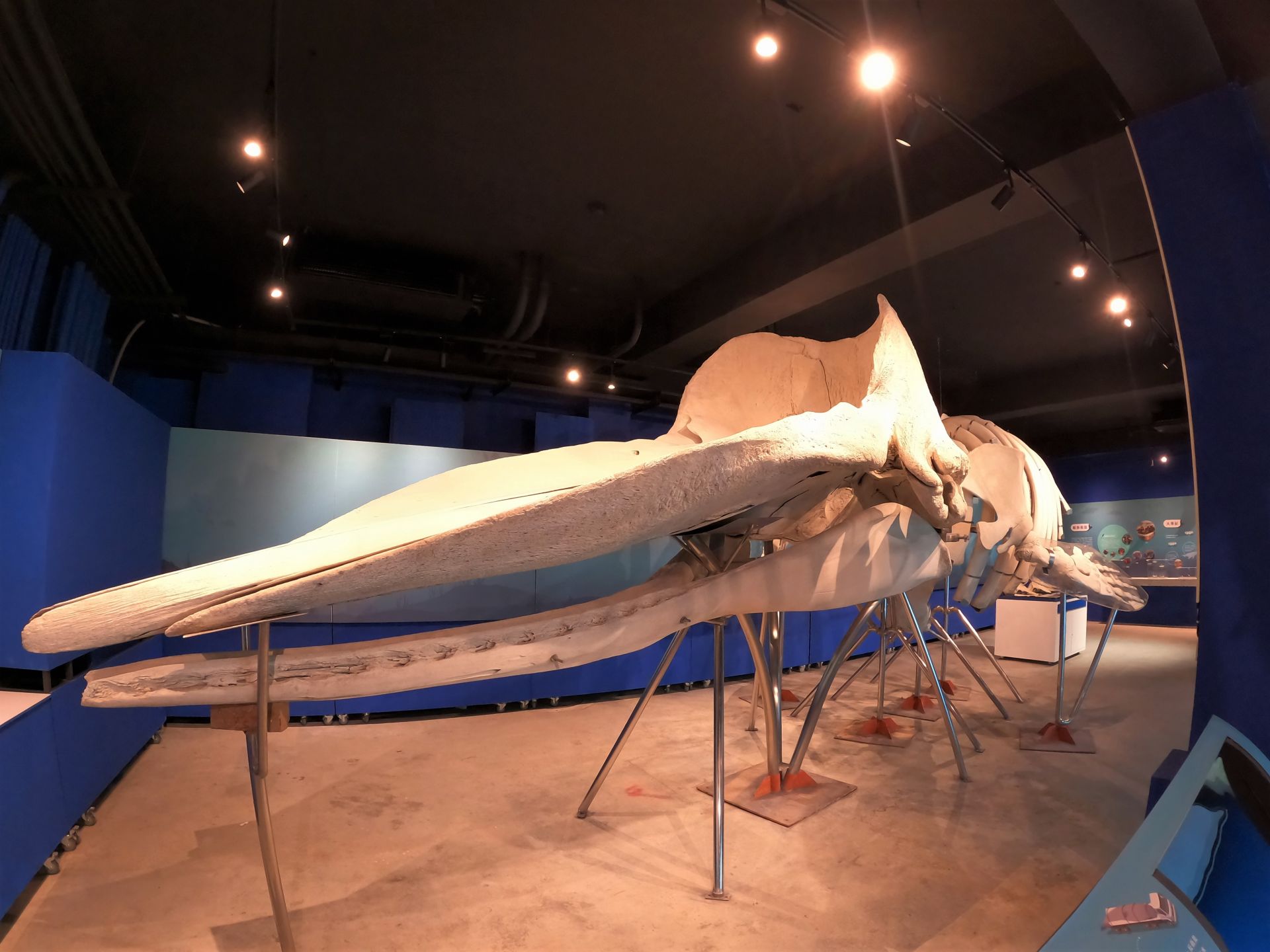SDG14
Exploring the Historical Development of Fuchuan in East Asia and Sharing Taiwan’s Fuchuan Craftsmanship and Wangchuan Culture
The NCKU International Symposium on East Asian Traditional Shipbuilding Techniques was held over the course of two days, from August 22 to 23, at the Whitaker Auditorium on the first floor of the Department of Systems and Naval Mechatronic Engineering, Tzu-Chiang Campus. The symposium, focusing on the theme of “Fuchuan” (Blessing Boats), highlighted traditional shipbuilding and their associated religious and cultural practices in Taiwan, Malaysia, and Singapore. Scholars, experts, and master craftsmen from these regions jointly explored the historical development and technical characteristics of Fuchuan in East Asia, as well as the preservation and continuation of Fuchuan craftsmanship within Taiwan’s Wangchuan cultural practices, including the cross-border transmission and safeguarding of artisanal skills.
Once a mainstream vessel type in East Asia, Fuchuan have largely been replaced by modern ships. However, in Taiwan, they continue to be preserved and developed due to their central role in Wangchuan ritual practices, rendering them a key element of Taiwan’s cultural soft power. The symposium was organized by the Taiwan Art Historical Documentation Center at NCKU under the guidance of the Ocean Affairs Council, with co-organization by the NCKU Museum, the Department of Systems and Naval Mechatronic Engineering, and the Pingtung Wangchuan Culture Museum.
Speakers represented a wide range of disciplines, including archaeology, cultural heritage, museum studies, shipbuilding engineering, and traditional craftsmanship. Notable participants included Professor Jin-Yong Zhao, Director of NCKU’s Archaeology Department; Yin-Lin Chen, Director of Pingtung County Cultural Heritage Preservation Office; Qing-Tai Wu, researcher at the National Museum of Science and Technology; You-Hua Tsai, Associate Researcher at the NCKU Museum; and master shipbuilder Gui-Sui Huang, enabling in-depth interdisciplinary dialogue.
Additionally, representatives from Malaysia’s Melaka Yongquan Temple and Singapore’s Shui Jiang Temple participated enthusiastically, sharing Wangchuan customs and the cultural heritage of the Da Pu Gong ceremonial vessels. The 2020 “Sending Off the Wang Boat” ritual, jointly nominated by Malaysia and China, was successfully inscribed on the UNESCO Representative List of the Intangible Cultural Heritage of Humanity.
Notably, the symposium featured 3D aerial projection technology at the Whitaker Auditorium, digitally presenting the structures of Fuchuan and Wangchuan culture. This allowed participants to immerse themselves in traditional shipbuilding craftsmanship and its cultural significance, facilitating a cross-disciplinary integration of technology and the humanities.
The symposium builds upon NCKU’s ongoing “Sustainable Interdisciplinary Integration Project” and “Marine Culture Leadership Project.” Since 2023, the research team has conducted continuous field investigations, culminating in the 2024 publication of Reconstructing the Wang Boat: A Pictorial Atlas of Taiwan’s Traditional Fuchuan Shipbuilding. The book employs illustrations, 3D scans, and structural diagrams to comprehensively document Wangchuan and Fuchuan shipbuilding techniques, providing a foundation for future international promotion.
Through this exchange, NCKU aims to ensure that Taiwan’s locally preserved wooden Fuchuan craftsmanship not only serves as a model for cultural heritage preservation but also fosters dialogue with the international community, deepening the cultural bond between humans and the sea.
Once a mainstream vessel type in East Asia, Fuchuan have largely been replaced by modern ships. However, in Taiwan, they continue to be preserved and developed due to their central role in Wangchuan ritual practices, rendering them a key element of Taiwan’s cultural soft power. The symposium was organized by the Taiwan Art Historical Documentation Center at NCKU under the guidance of the Ocean Affairs Council, with co-organization by the NCKU Museum, the Department of Systems and Naval Mechatronic Engineering, and the Pingtung Wangchuan Culture Museum.
Speakers represented a wide range of disciplines, including archaeology, cultural heritage, museum studies, shipbuilding engineering, and traditional craftsmanship. Notable participants included Professor Jin-Yong Zhao, Director of NCKU’s Archaeology Department; Yin-Lin Chen, Director of Pingtung County Cultural Heritage Preservation Office; Qing-Tai Wu, researcher at the National Museum of Science and Technology; You-Hua Tsai, Associate Researcher at the NCKU Museum; and master shipbuilder Gui-Sui Huang, enabling in-depth interdisciplinary dialogue.
Additionally, representatives from Malaysia’s Melaka Yongquan Temple and Singapore’s Shui Jiang Temple participated enthusiastically, sharing Wangchuan customs and the cultural heritage of the Da Pu Gong ceremonial vessels. The 2020 “Sending Off the Wang Boat” ritual, jointly nominated by Malaysia and China, was successfully inscribed on the UNESCO Representative List of the Intangible Cultural Heritage of Humanity.
Notably, the symposium featured 3D aerial projection technology at the Whitaker Auditorium, digitally presenting the structures of Fuchuan and Wangchuan culture. This allowed participants to immerse themselves in traditional shipbuilding craftsmanship and its cultural significance, facilitating a cross-disciplinary integration of technology and the humanities.
The symposium builds upon NCKU’s ongoing “Sustainable Interdisciplinary Integration Project” and “Marine Culture Leadership Project.” Since 2023, the research team has conducted continuous field investigations, culminating in the 2024 publication of Reconstructing the Wang Boat: A Pictorial Atlas of Taiwan’s Traditional Fuchuan Shipbuilding. The book employs illustrations, 3D scans, and structural diagrams to comprehensively document Wangchuan and Fuchuan shipbuilding techniques, providing a foundation for future international promotion.
Through this exchange, NCKU aims to ensure that Taiwan’s locally preserved wooden Fuchuan craftsmanship not only serves as a model for cultural heritage preservation but also fosters dialogue with the international community, deepening the cultural bond between humans and the sea.
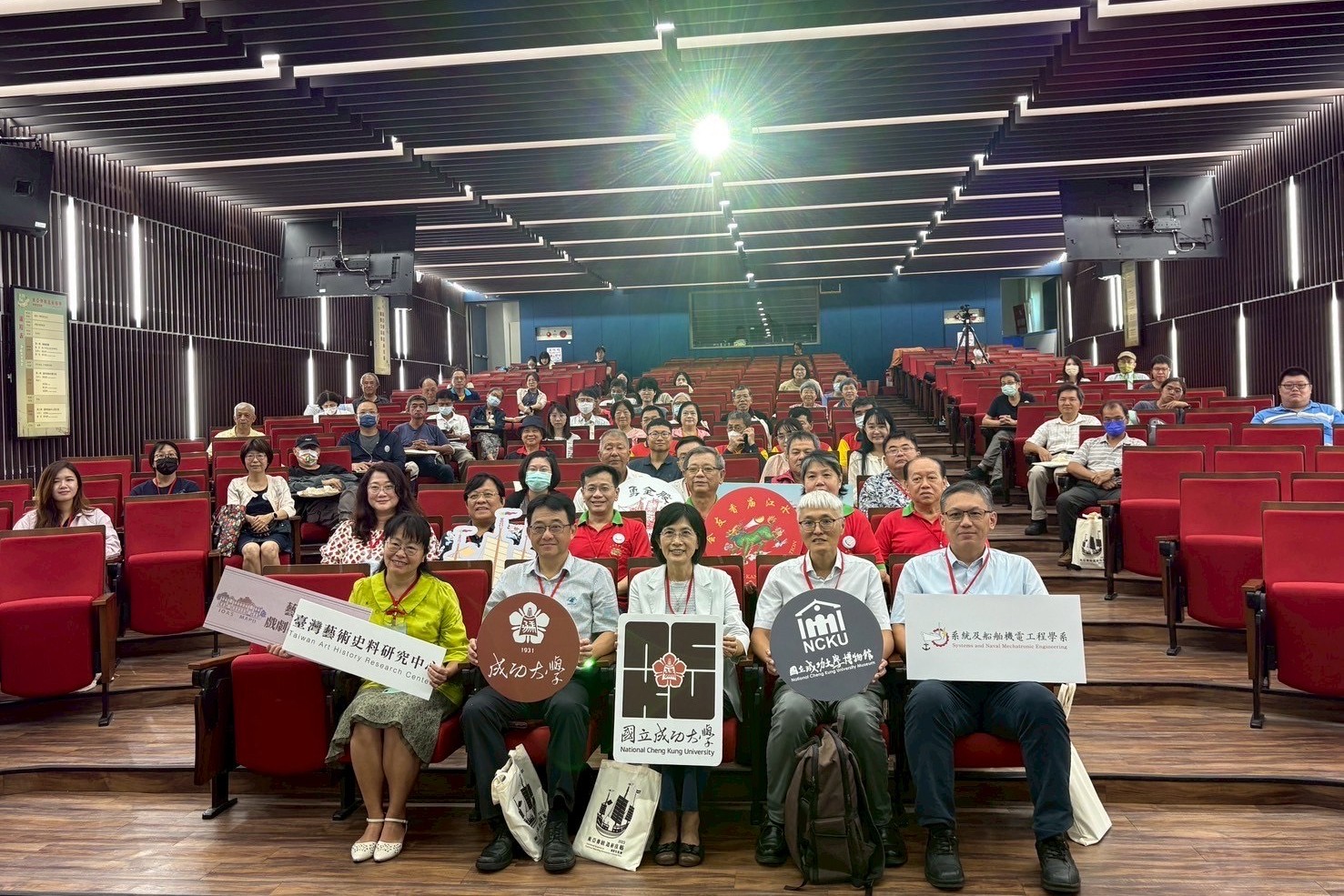
Gruop photo
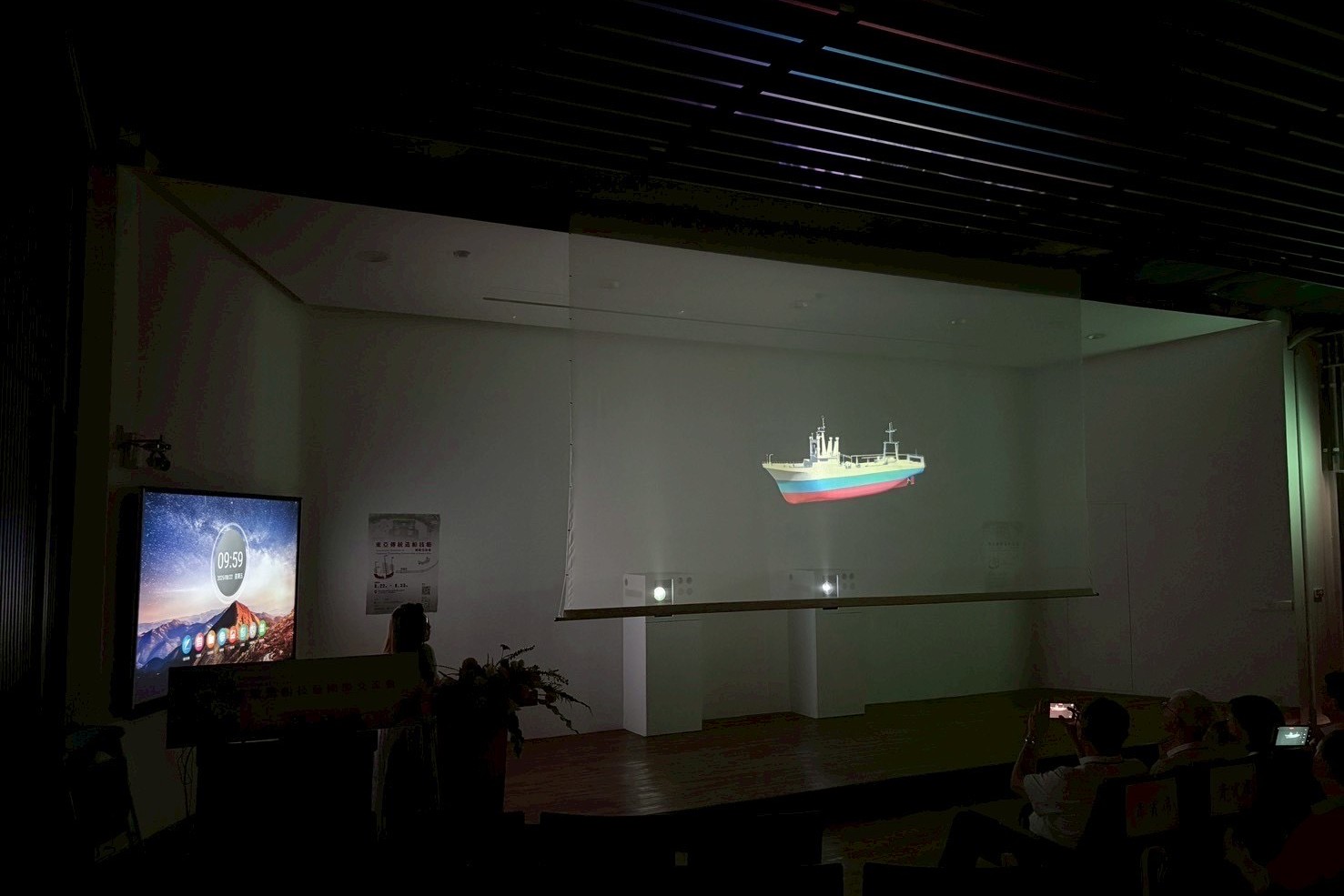
3D holographic projection technology showcases Fuchuan and Wangchuan cultural heritage.





